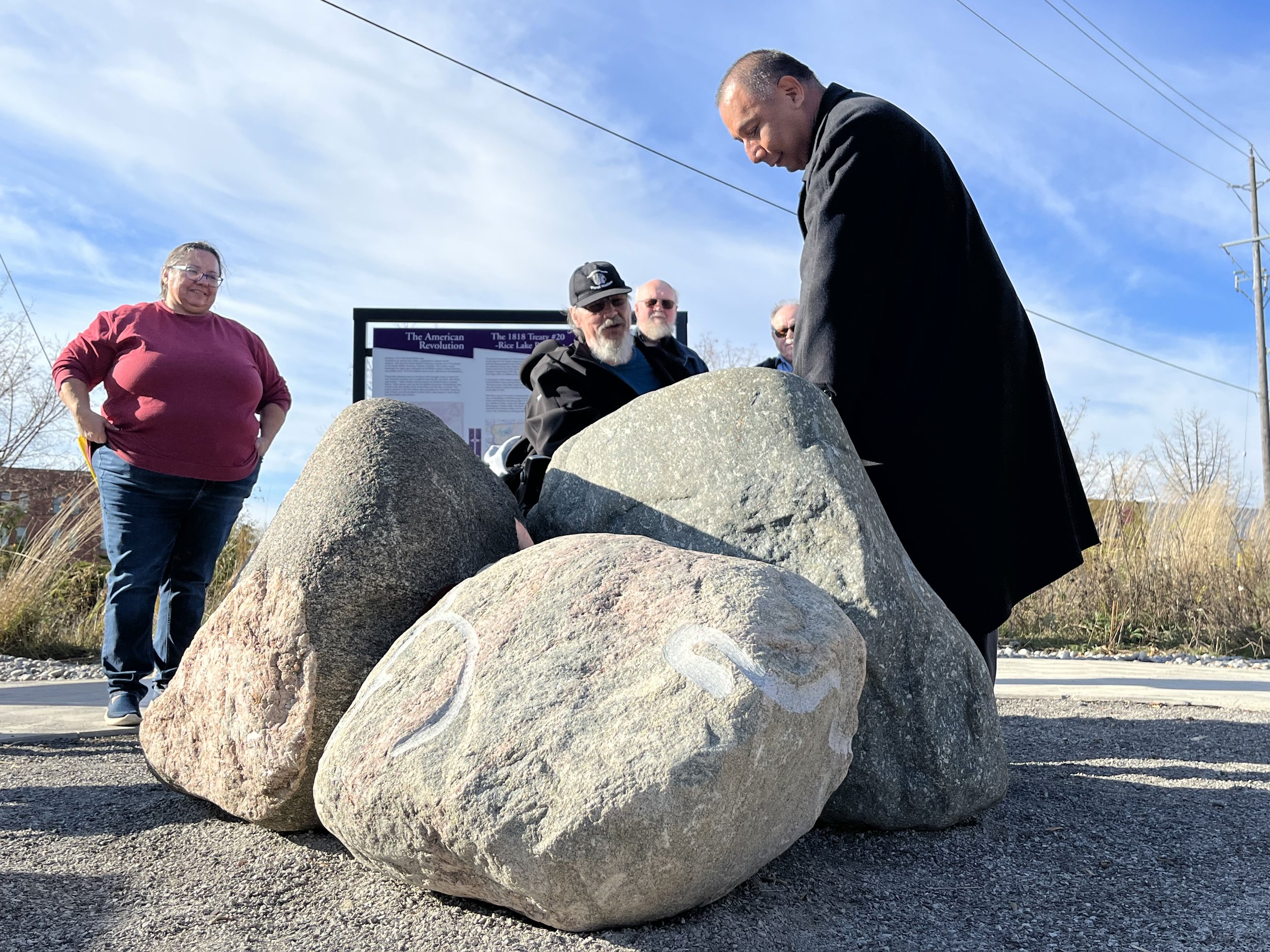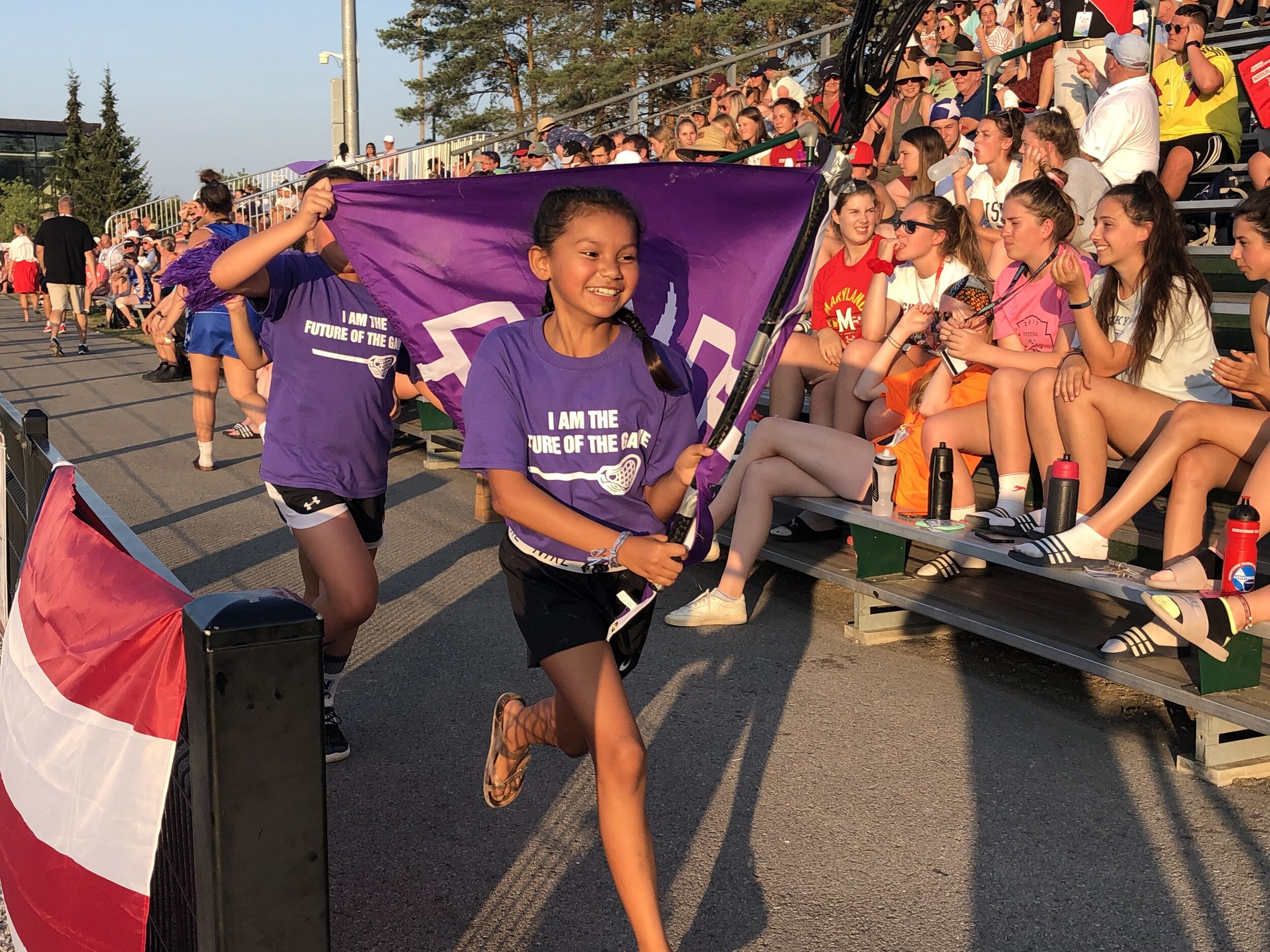Events and Programs to Mark National Day for Truth and Reconciliation
/Sept. 30 is the National Day for Truth and Reconciliation.
city of peterborough photo
The National Day for Truth and Reconciliation is a day to honour the children who never returned home, the survivors of residential schools, their families and communities.
“The National Day for Truth and Reconciliation is an important opportunity to reflect on our histories, learn about the injustices committed against Indigenous communities and dedicate ourselves to contribute toward reconciliation,” stated mayor Jeff Leal. “As a community, we need to take meaningful action to fulfil our collective commitment to reconciliation. I encourage everyone to take part in the activities organized by groups across our community.”
The Every Child Matters flag will be flown at City Hall for the National Day for Truth and Reconciliation.
Programs and Activities:
Peterborough Public Library
Adults and Teens
Sept. 24: Adult Book Club - Firekeeper’s Daughter by Angeline Boulley
Sept. 27: Quilling with Sandra D. Moore
Oct. 10: Just Get Over It: Exploring Stereotypes, Biases and Racism Between Indigenous Peoples and Settlers
Oct. 17 - 22: Secret Path Film Viewings
Children
Sept. 27: PA Day: Rabbit & Bear Paws - The Way with Chad Solomon
Oct. 17: Indigenous Bilingual Story Time


















